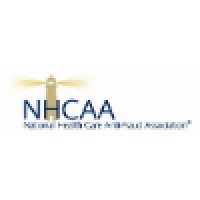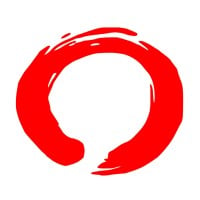
National Health Care Anti-Fraud Association
Founded in 1985 by several private health insurers and federal and state government officials, the National Health Care Anti-Fraud Association is the leading national organization focused exclusively on the fight against health care fraud. We are a private-public partnership — our members comprise more than 100 private health insurers and those public-sector law enforcement and regulatory agencies having jurisdiction over health care fraud committed against both private payers and public programs. Established in 2000, The NHCAA Institute for Health Care Fraud Prevention is a separately incorporated, tax-exempt educational foundation that provides education and training to private- and public-sector health care anti-fraud personnel. Mission Statement: To protect and serve the public interest by increasing awareness and improving the detection, investigation, civil and criminal prosecution and prevention of health care fraud. Join the fight against health care fraud! Please visit http://www.nhcaa.org or call 202.659.5955 for more information about membership.






